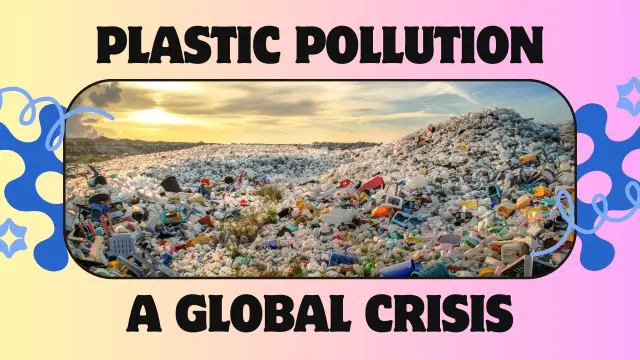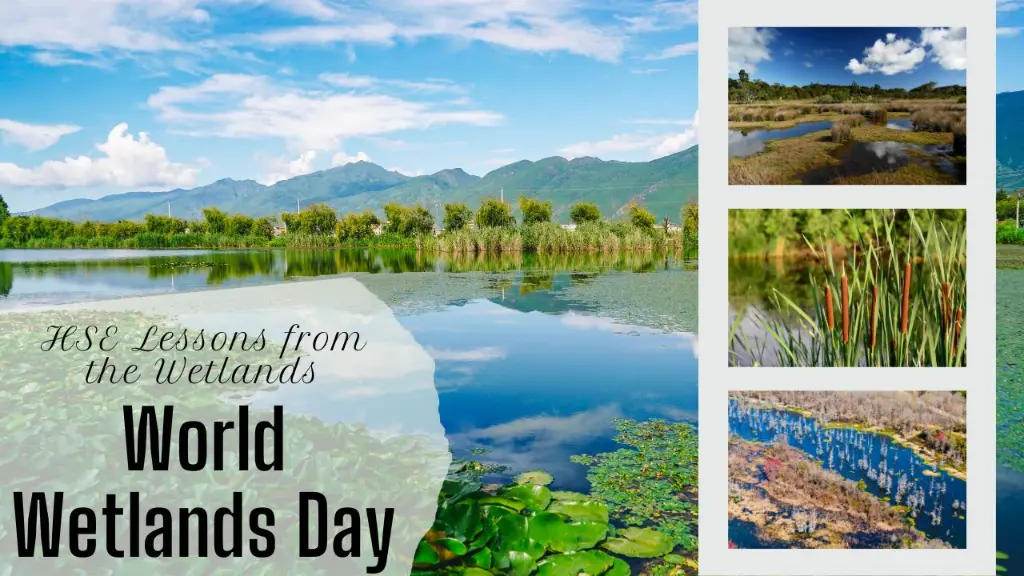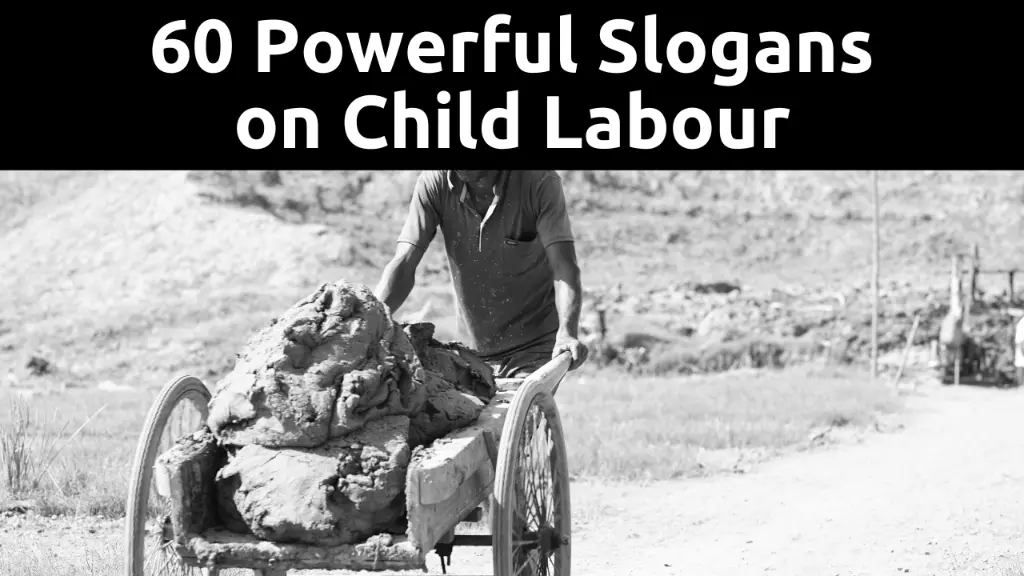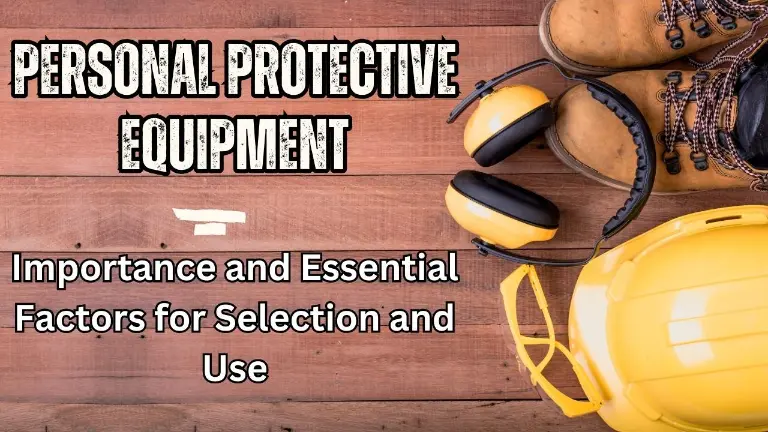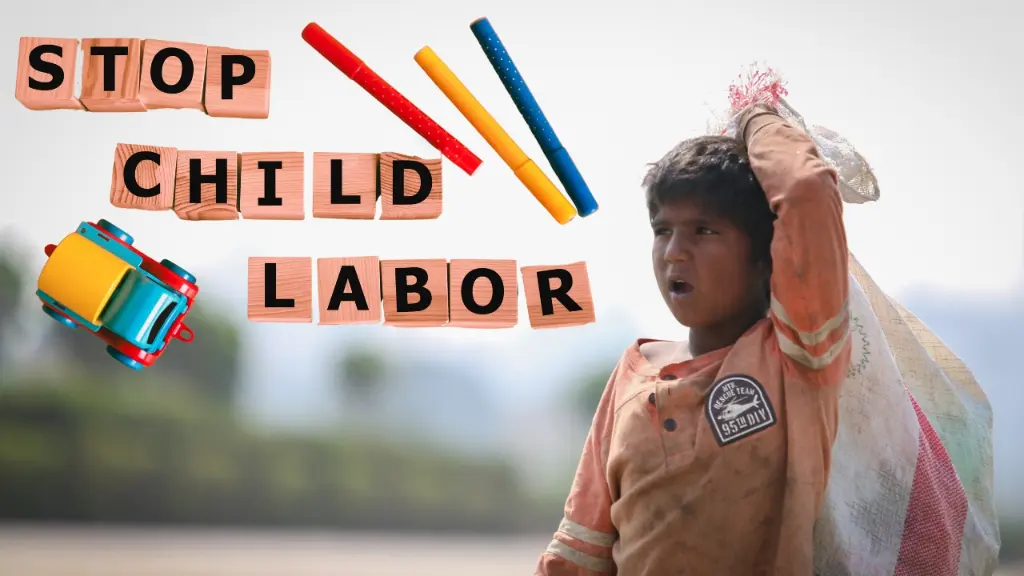Learn shocking statistics about plastic pollution and practical actions you can take to reduce your footprint. Aligned with World Environment Day 2025’s theme “Ending Plastic Pollution,” this blog empowers professionals and individuals to act now.
🛑 Plastic Pollution in 2025: The Urgency to Act Now
Plastic is everywhere—from ocean floors to mountain peaks and even in our bloodstreams. With 430 million tonnes of plastic produced every year and over 11 million tonnes leaking into aquatic ecosystems (Source: UNEP, 2023), plastic pollution is a full-blown planetary crisis.
The theme of World Environment Day 2025, “Ending Plastic Pollution”, calls for unified action across governments, businesses and individuals to reverse the growing plastic catastrophe.
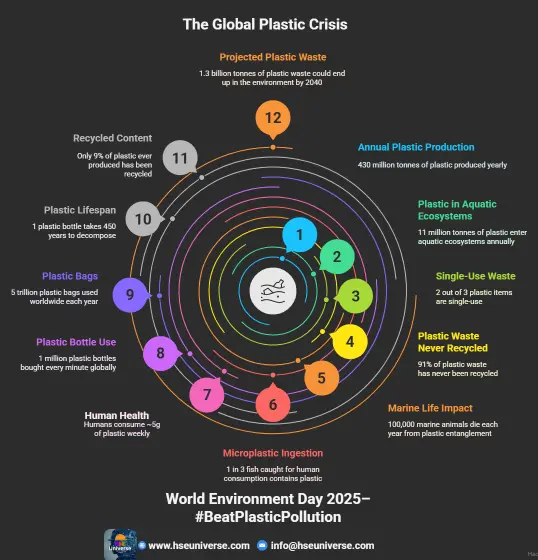
📊 Eye-Opening Plastic Pollution Facts You Can’t Ignore:
Here are the latest and most disturbing global plastic statistics you can share in your meetings, campaigns, and audits:
- 🧃 Global Production: 430 million tonnes/year (UNEP, 2023)
- ♻️ Single-Use Waste: 2 out of 3 plastic items produced are single-use (UNEP, 2023)
- 🌊 Marine Leakage: 11 million tonnes enter aquatic ecosystems annually (UNEP, 2023)
- 🔬 In Our Bodies: Microplastics found in human lungs, blood & breast milk
- 🗑️ Recycling Gap: Only 9% of plastic ever made has been recycled
- 🧴 Packaging Waste Share: 36% of all plastic goes into packaging
- 🛢️ Future Risk: Plastic waste in oceans could triple by 2040 if left unchecked (OECD, 2022)
❗Quick Fact: At current rates, plastic production is set to double by 2040 and quadruple by 2050, unless drastic changes are made.
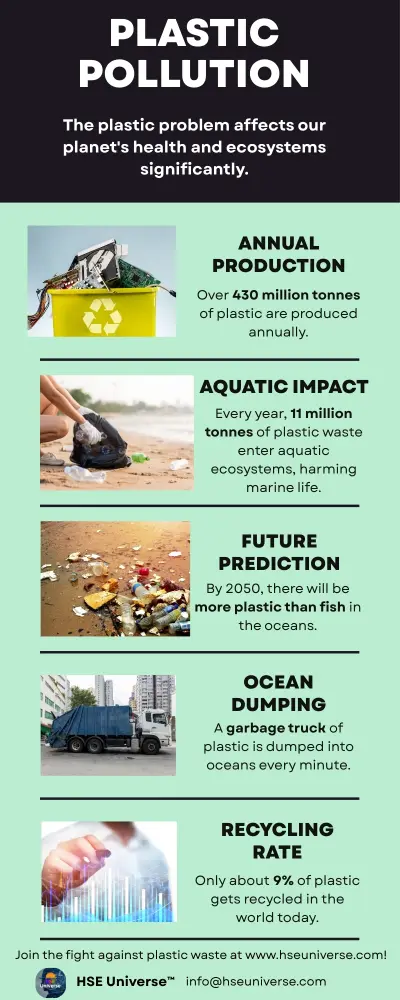
💼 Why This Crisis Demands Attention from Professionals:
Plastic pollution isn’t just an environmental issue—it’s a strategic business, health and reputational risk:
🔹 Environmental Damage
- Suffocates ecosystems and biodiversity
- Pollutes soils, groundwater and farmlands
- Accelerates climate change through fossil-based production
🔹 Business & Regulatory Risks
- Increased government scrutiny & global bans
- Fines for non-compliance under EPR (Extended Producer Responsibility)
- Growing pressure from investors and eco-conscious consumers
🔹 Public Health Impact
- Chemicals in plastic linked to hormone disruption and cancer
- Inhalation and ingestion of microplastics increasing health risks
🌎 How Plastic Pollution Links to World Environment Day 2025
This year’s World Environment Day is not just a celebration—it’s a global call to action to end plastic pollution.
“Ending Plastic Pollution” means stopping plastic at the source, changing consumption habits, and investing in waste management solutions.
🛠️ What Can Organizations and Industries Do?
✅ For Corporates:
- Conduct plastic audits across operations
- Switch to biodegradable or reusable packaging
- Adopt a zero-waste policy
- Support global plastic treaty negotiations
✅ For HSE Teams:
- Integrate plastic use metrics into environmental performance indicators
- Train staff on safe handling, reuse, and segregation
- Promote green procurement policies
✅ For Construction & Infra:
- Avoid plastic-based debris
- Use precast and reusable materials
- Separate plastic from other construction waste at the source
🚶 What Can YOU Do? Everyday Practical Habits to #BeatPlasticPollution
You don’t need to be an activist or expert. Change begins with small, repeatable habits:
🛍️ 1. Carry Reusables Everywhere
- Keep a cloth bag, steel straw and refillable water bottle in your bag
- Say NO to plastic cutlery, cups or grocery bags
🍱 2. Eat Smart
- Choose fresh, unpackaged produce from local markets
- Carry your own lunchbox and coffee mug to work
🧼 3. Choose Sustainable Products
- Buy shampoos, soaps and detergents that come in refillable or cardboard packaging
- Ditch plastic toothbrushes and razors for bamboo or stainless steel versions
♻️ 4. Reuse Before You Recycle
- Reuse containers, jars and bags at home
- Don’t discard “recyclables” unless they are clean and properly segregated
🚮 5. Segregate Waste Correctly
- Wet, dry, e-waste and plastic should never mix
- Know your local municipality’s plastic collection day
📲 6. Influence Others
- Share facts at your workplace and on social media
- Encourage friends and colleagues to join plastic-free challenges
💡 Tip: Start with a “Plastic-Free Day” once a week. Challenge yourself and your team to avoid all plastic for 24 hours.
📉 Solutions to Support Systemic Change
| Strategy | How It Helps |
|---|---|
| Deposit Return Schemes | Promotes return & reuse of plastic bottles |
| Plastic Tax & Bans | Discourages production of unnecessary single-use plastics |
| Eco-Design | Encourages sustainable product development |
| Global Plastics Treaty | Pushes legally binding commitments by governments |
| Community Cleanup Drives | Builds awareness and direct local impact |
🧠 Did You Know?
- Over 1 million plastic bottles are purchased every minute worldwide
- 500 billion plastic bags are used globally each year
- Plastic has been found in the placentas of unborn babies (article from the Guardian)
🔗 Related Reads
👉 World Environment Day 2025: Celebration & Action Ideas for HSE Teams
👉 Your Guide to ISO 14001: Environmental Management & Compliance
👉 How Digital HSE Tools Support Plastic-Free Workplaces
✅ Conclusion: Ending Plastic Pollution Begins With You
Plastic pollution is not someone else’s problem—it’s ours to solve, together.
Whether you’re a safety officer, facility manager, corporate leader or individual consumer, your daily actions can help shape a plastic-free future.
This World Environment Day 2025, let’s pledge to change habits, influence others, and support global systems that truly #BeatPlasticPollution.
📢 Join the movement. Share this blog. Begin your own plastic-free journey—today.
Visit the relevant pages or Home Page to read the published blogs on this website.
